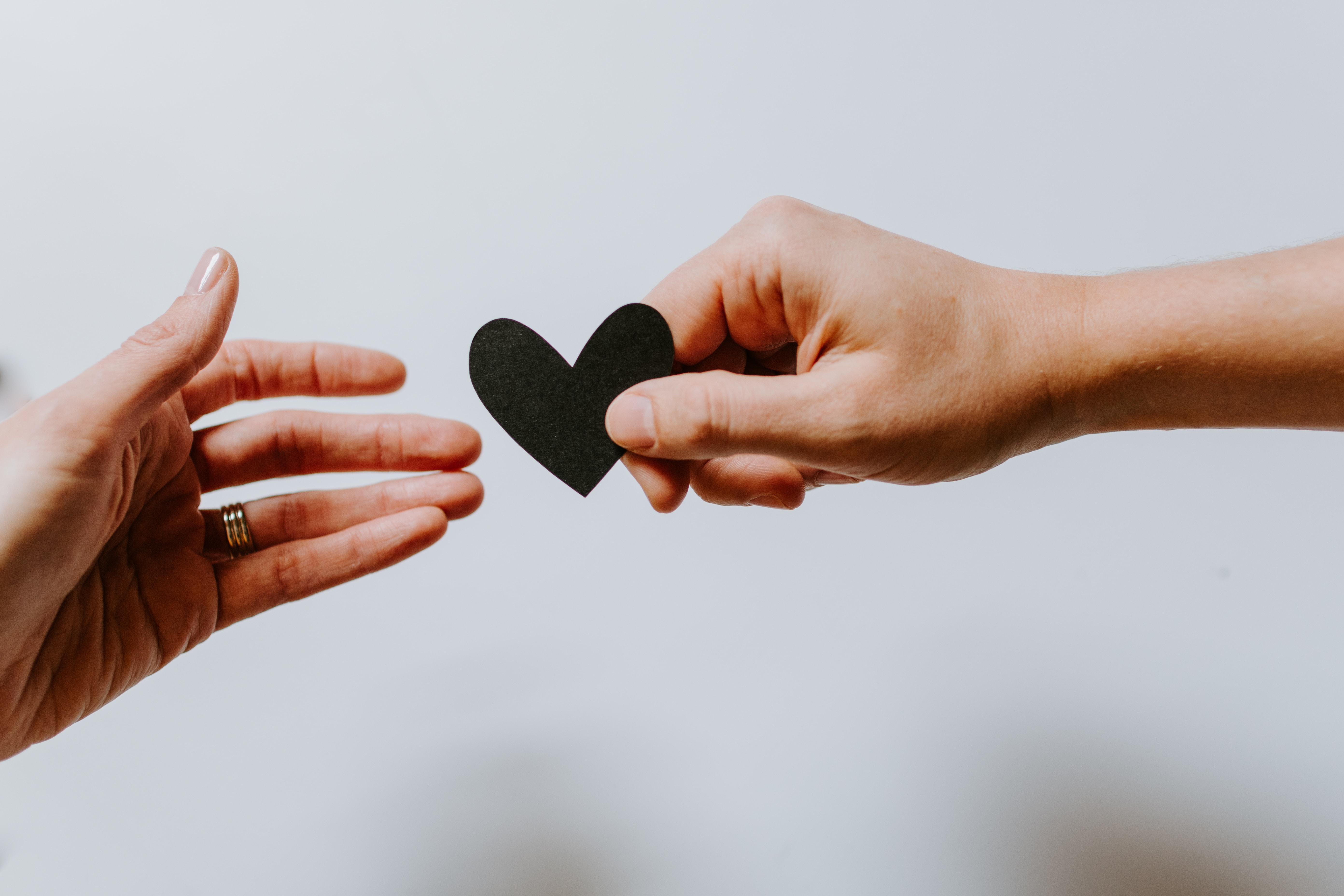Overthink
The Turmoil Between Being Productive and Taking a Break
The incessant pressure to be “productive” is harmful, popular, and difficult to counteract despite us intuitively knowing the power of breaks and the research that confirms rest is essential.
Apr 11, 2023

The pressure to be productive is all around us. From finding work to do for the eight hours a day we’re at work to constantly posting online to stay relevant for the algorithms, our society has built-in mechanisms to minimize the time we have for ourselves. When I do find time for myself, it takes work to feel comfortable actually taking the time for myself. Since I started writing blog posts regularly at the beginning of the year, I’ve tried to write at least two posts per week. A few weeks ago, I just couldn’t bring myself to do any type of personal work. I felt so much guilt that turned into a lingering, persistent anxiety to write, read, research…etc. all in the name of productivity despite my body saying “no.”
Like Jill Suttie, the writer of “How to Overcome the Pressure to Always Do More,” I grew up in a household that called me “lazy” if I chose to rest and relax. My parents are boomers. Their whole identity was and is based around work, both working to support themselves and their families from a young age. For years I tried to rebel against the idea that productivity is evidence of my worth, but the constant need to be productive inevitably instilled itself into my person. I’m not sure who I am if I don’t have something to do (though I’m trying to change that). I work full time, teach two classes, write, have pets, spend time with my family, and exercise just to mention a few from my ever-growing list of responsibilities. I don’t know how people with children get anything done when maintaining my animals alone takes significant time. Almost every hour of my waking day is filled with either something to do or the worry that I should be doing something I’m not.
This need to be productive or busy isn’t helped by the time spent in “grey time” (as I read someone call it online that I can’t find) spent scrolling online. It’s interesting because scrolling online might be the epitome of unproductivity, and yet it feels like I’m being productive, that I’m doing something. Our inability to be idle and the need to do something regardless of the quality of that something are the greatest pulls of social media—along with the fact it’s been intentionally designed to mirror the addictive qualities of gambling. During a drive to visit my grandma, my niece said she wanted my phone because she was bored. I said, “It’s good to be bored sometimes because it gives you time to really think.” I loved her reply, “I like to think!” We ended up having a great conversation about all the wildflowers blooming throughout the desert—a sea of yellow, white, orange, purple, and green against the sandy backdrop. The depth and dominance of each color shifting as the landscape changed.
As Suttie and other researchers point out, the research shows that our brains are not designed to work for long intervals, our brain instead works better in short bursts with strategically placed breaks. Like a muscle, our brain needs time to rest and recuperate. During a workout, we push ourselves for an hour or two before taking a break from the strenuous physical activity to allow the muscles to repair and grow. Similarly, when allowing our mind to rest, we’re better able to give our tasks the attention they deserve. This is of course all easier said than done when years and years of productivity propaganda has been integrated into our very social framework—i.e., the “hustle culture.”
Artis Rozentals writes in the article, “The Hustle Culture Has No Future—Enter the Break Culture,” “Hustle culture puts work at the center of life. Long working hours are praised and glorified. Time off is seen as laziness. If you are not hustling, you are failing.” In the hustle culture mentality, success is linked with overwork and rest is linked with failure. This is such a harmful and pervasive approach to work (and life) when Americans spend on average 1,750 hours per week working, which is 400 hours or 10 weeks more than workers in Germany. In a Gallup workplace 2022 report, workers’ unhappiness and stress are at all-time highs summed up in the finding, “[workers] don't find their work meaningful, don't think their lives are going well or don't feel hopeful about their future.” Yet, many Americans are forced to hustle as costs of necessities rise and the minimum wage continues to stagnate. An incredible study by Zillow found it takes almost four full-time workers working minimum wage jobs to afford a two-bedroom apart.
The idea of work has been shaped by prior generations’ attitude towards that is counter to what we intuitively know and what the research confirms, rest is essential. Thankfully, our society is beginning to catch on—albeit slowly, see the positive results from 4-day work week trials. As millennials and younger generations become leaders in the workforce, attitudes toward work will also shift, including my own. Though I know that taking breaks and finding time to rest are essential for my health, I’m still trying to work through the constant need to be busy or productive for the sake of being busy and productive. I’m trying to work through the tentacles of hustle culture that have warped my mind to think that being overly busy is something to be proud of. Each day, I take time for myself to prioritize the needs of my mental health, and that’s the first step to counteracting this toxic attitude towards work. No one should feel guilty about listening to their body and taking the rest they deserve. Yet, I still do, but I’ll keep working to learn to appreciate the peace whenever it fortunately appears.

